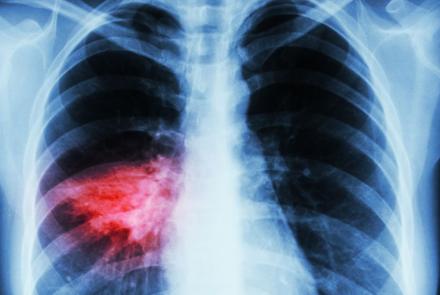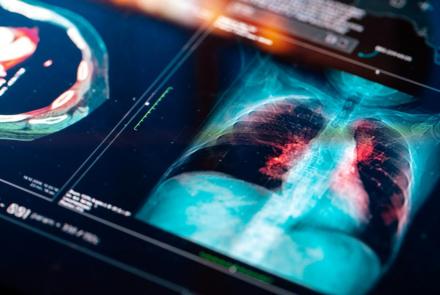With recent advances in breast cancer research and treatment, doctors are often able to reduce the amount and intensity of treatment women receive, while maintaining equally good cancer outcomes, according to Sunny Mitchell, M.D., FACS, Medical Director of The Breast Center at Montefiore Nyack Hospital.
Today, many early-stage breast cancer patients can have less invasive surgery than in years past. Genetic testing on tumors often can help doctors determine which type of chemotherapy will be most effective. And in some cases, they can tell women they don’t need chemotherapy at all, because their tumor type won’t benefit.
“We can offer more personalized treatment approaches that target each woman’s breast tumor,” Dr. Mitchell says.
It All Starts with Screening
Women who undergo breast screening that detects cancer early have the best chance for successful treatment, Dr. Mitchell said. “Breast cancer is very treatable when it’s detected at an early stage,” she said. “That’s why it’s so important for women to have annual breast screening—it saves lives.”
Women at average risk of breast cancer should start annual breast screening at age 40. You may be at average risk if you do not have a strong family history of breast cancer (a parent, sibling or child who has had the disease), you or your family members do not have one of the breast cancer genes (i.e. BRCA1 or 2), and you have not had a prior biopsy with high-risk findings.
Some women, such as those with a family history of breast cancer, or other risk factors, may be advised to start screening earlier than age 40.
If a woman is found to have dense breasts on her mammogram, her doctor may also recommend ultrasound screening, which uses sound waves, or an MRI to provide additional information.
Medication and Radiation
Breast cancer treatment today sometimes starts with medication before surgery. This may be given to try to shrink the tumor so it can be removed with less extensive surgery. By giving medication before the tumor is removed, the doctor can see how the cancer responds to it.
There are several types of breast cancer medications, including chemotherapy, hormone therapy and targeted therapy.
Breast cancer tumors may undergo additional testing to help guide treatment. “Through tumor testing, we may confirm somebody doesn’t need chemotherapy, or would benefit from a specific form of treatment,” Dr. Mitchell said.
Radiation therapy is often an integral part of breast cancer treatment.
Surgical Advances
Women undergoing breast cancer surgery today can be treated with advanced techniques that remove the cancer while preserving the breast’s physical appearance and hiding surgical scars. Using the “Hidden Scar” approach, Dr. Mitchell places the incision in a location that is most likely to heal very well and hardly be visible once healed, such as around the areola, under the breast or in the armpit.
“We remove the cancer and leave the breast with a nice shape, size and contour,” Dr. Mitchell said. “It’s much more aesthetically pleasing to the patient. When she looks in the mirror, she’s not constantly reminded about her surgery.”
Comprehensive On-Site Treatment Services
Additional services offered at The Breast Center at Montefiore Nyack Hospital include genetic counseling and testing, patient navigation and support from a social worker and a nutrition consultation with a dietician.
Genetic counseling helps a patient understand the role of both family history and lifestyle on their risk for developing breast or other types of cancer. A genetics evaluation by a clinical geneticist includes a review of the patient’s personal medical history, a detailed medical and cancer family history, and a physical exam if needed. Women undergoing treatment at Montefiore Nyack Hospital may also be eligible to participate in clinical trials.
Our dietitians offer nutrition consults with specific advice on how to adjust nutrition while going through chemo, or general guidance on how to eat better to keep your body healthier.
With a full range of screening capabilities and state-of-the-art diagnostic services, our multi-disciplinary team of specialists can create a personalized, data-driven, and coordinated care plan for each patient to deliver the best treatment options available.
“Our patient-centered care treats the whole person, not just the breast,” Dr. Mitchell says.
To schedule a screening appointment, call 845-348-8551.
We are a partner of the Cancer Support Community Greater NY & CT at Gilda’s Club, a non-profit organization that offers critical support services to anyone impacted by cancer—all free of charge. For more information, call 914-644-8844.






